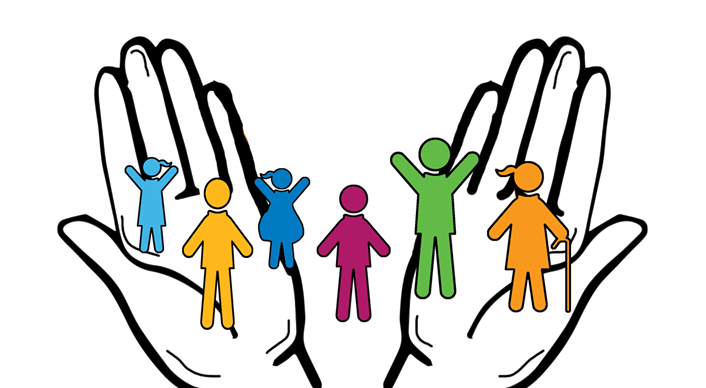Why do some people not want the vaccine?
You may wonder how this post is relevant to people with heart disease or clotting problems. And you may have heard enough about people who are opposed to mandates and vaccination. But if you have heart problems or a history of blood clots, then vaccination should be uppermost in your mind. Your biggest risk comes from the unvaccinated. If you can help just one person see how vaccination benefits us all, you are contributing to making your community a safer place.
Complacency and ignorance may be our biggest enemies in the fight against COVID.
My mission
In my job, I see people with all kinds of blood disorders ranging from blood clots to bone marrow transplants, and the majority are at high risk from COVID. So, over the last few weeks, I have made it my mission to ask all my patients if they have had the vaccination. As a result, I have had some unusual conversations. I am pleased to say that by far, the majority of people are already vaccinated. However, there are a few who are either reluctant or opposed to vaccination. I thought I would share some of the themes of those conversations with you and explain why vaccination is so important.
Complacency
For some people, there is a complete lack of urgency. One man said, “there is no COVID here. I don’t need it yet.” I got the sense that he had that “she’ll be right” attitude. I pointed out that it would be too late when COVID is here. It takes at least 5 weeks from the first dose to have adequate immunity.
New Zealand has been fortunate to avoid many cases of COVID, but this has led to a sense of complacency. Few people have seen anybody with COVID, and they have no first-hand knowledge of its effects. The seriousness of the condition was brought home to me a couple of weeks ago when one of my patients told me she had lost two relatives at home in the Philippines. One was her brother-in-law in his 50s. She was quite emotional telling me the story and sad that she had not been able to return home for the funeral to support her sister. She had no hesitation in getting the vaccine.
Opposed to the vaccine
Many of the concerns about the vaccine have come from ideas perpetuated through social media. I have read about some of the more bizarre theories; the vaccine makes you magnetic or contains a microchip so Bill Gates can control us all in the future. But, in my conversations, the concerns I have heard have been a little more logical. They can all be summed up in three words.
Believing incorrect information.
I have come across three different false claims.
- The belief that the technology is dangerous – Concerns that the development has been rushed. Worries that the vaccine contains genetic material that could cause long-term harm and change our genetic make-up.
- The belief that complications are common and people are dying from the vaccine – Patients claim that the Ministry of Health websites have data showing a high rate of complications. The Government is keeping this from us.
- The belief that the vaccine doesn’t work.
These beliefs are all incorrect but often very firmly held. I have spoken to several people opposed to vaccination, and my arguments generally have little impact on their ideas. But I haven’t given up all hope. Last week I met a man who was totally opposed to vaccination when we started our consultation. He had his own ideas about how the vaccine worked, and he believed politicians had lied to him. I thought I had no hope of changing his mind, but by the end of the consultation, he had come around to accepting the vaccine was a good idea. He came with a support person who said she would take him to a vaccination centre on the way home!
Against my human rights
The final group opposed to vaccination are those who believe it is their right to choose whether or not to have the vaccine. In general, public health and the community’s safety come before personal views, but this is a grey area and can cause considerable controversy.
What can you do?
If you are on an anticoagulant for heart problems or blood clots, you are at high risk from COVID. Ideally, you want everybody around you to be vaccinated. If you have any friends or family not vaccinated let them know your concerns. Explain their lack of vaccination is putting you at risk. I thought it would be hard to persuade those unvaccinated to change their minds. Indeed, it is difficult for those with strong beliefs, but I have been surprised at the response from those who are just hesitant. In several cases, just briefly going over why it is crucial to act now has convinced a few to go and get a jab.
If you want more information use sites with well researched data. The Ministry of Health site and WHO are good sources of useful information





Thank you for an excellent and informative post, one which I will share with hose I sadly know, who are reluctant or very against the vaccination. The more reliable, sound information in support of the vaccination we can pass on, is great.